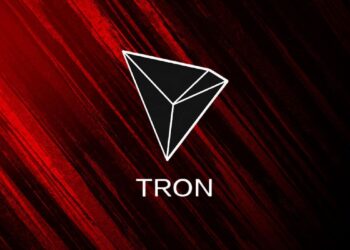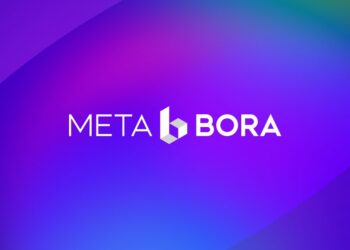Quick breakdown
- KernelDAO introduces KUSD, a stablecoin backed by institutional receivables like remittances and payroll.
- Unlike traditional stablecoins, KUSD generates yield from repayment flows via its “Internet of Credit” layer, Kred.
- Positioned for scale, KUSD targets inefficiencies in the $220 trillion global payments market.
BNB Chain-based restaking protocol KernelDAO has unveiled plans to expand into real-world credit through the launch of its reward-bearing stablecoin, KUSD. The project was announced on September 16 in a blog post and is powered by Kred, KernelDAO’s newly introduced “Internet of Credit” layer.

A stablecoin designed for utility, not stagnation
Unlike traditional stablecoins that often remain idle, KUSD is fully backed by short-term receivables from institutional activities, including remittances, payroll, brokerage settlements, and trade finance. This design ensures that liquidity providers generate yield from actual repayment flows while the token circulates across decentralized finance (DeFi) platforms.
KernelDAO says the model creates a self-reinforcing cycle of liquidity and rewards, positioning KUSD as both a settlement tool for institutions and a composable, yield-bearing asset for DeFi ecosystems.
Built on a $2.4 billion ecosystem
The new stablecoin builds on KernelDAO’s growing $2.4 billion infrastructure, which already includes its liquid restaking protocol Kelp, high-performing vaults under Gain, and integrations with over 150 DeFi applications. With more than 350,000 users, KernelDAO aims to scale KUSD as a bridge between decentralized liquidity and real-world financial demand.
Targeting a $220 trillion payments market
KernelDAO argues that KUSD’s credit-embedded design could reduce inefficiencies in the global payments industry, valued at over $220 trillion annually. By replacing slow and pre-funded transfers with a yield-bearing stablecoin model, the DAO hopes to deliver instant and efficient settlements for institutions.
A litepaper and details of early launch partners are expected in the coming weeks. If successful, KUSD could offer a competitive alternative to traditional stablecoins and accelerate the adoption of real-world assets in DeFi.
On April 8, Binance announced KERNEL as the fourth project to launch on its Megadrop platform. This initiative provides users with new opportunities to participate in DeFi through token staking and rewards. KernelDAO’s total token supply is 1 billion, with 40 million KERNEL reserved for Megadrop rewards.
If you would like to read more articles like this, visit DeFi Planet and follow us on Twitter, LinkedIn, Facebook, Instagram, and CoinMarketCap Community.
Take control of your crypto portfolio with MARKETS PRO, DeFi Planet’s suite of analytics tools.”




















